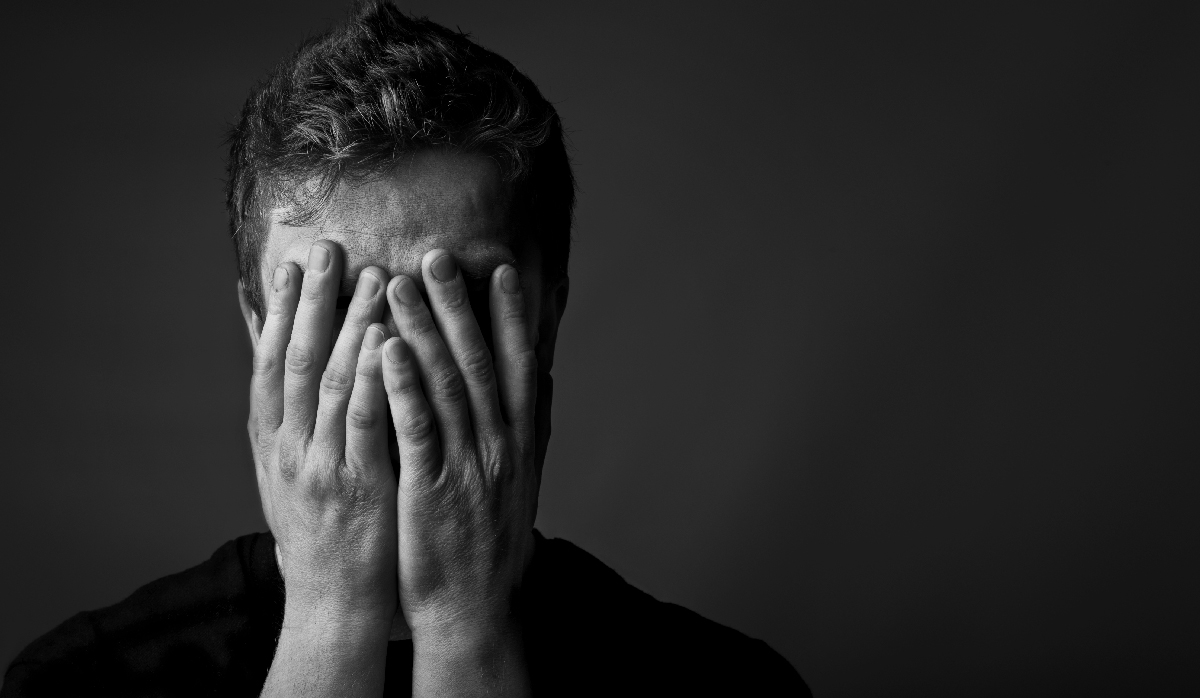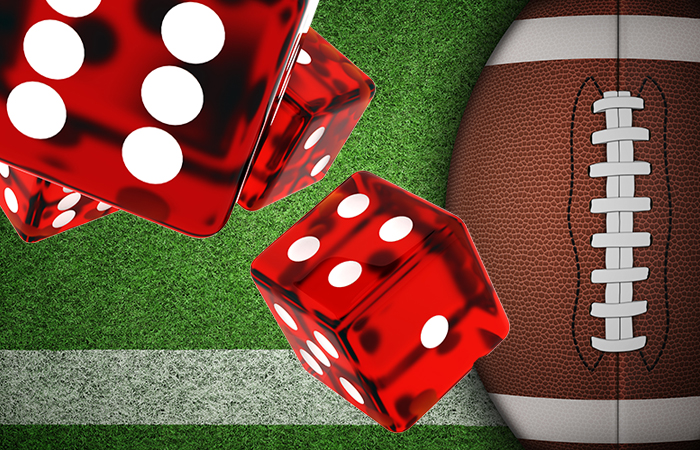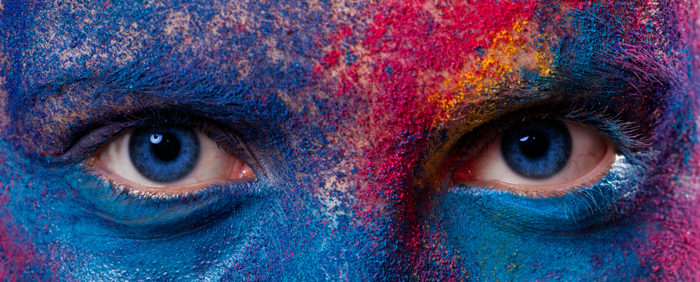Bipolar disorder is a mental health disorder that causes extreme shifts in mood, including extreme emotional highs (mania or hypomania) or extreme lows (depression). When a person with bipolar disorder is manic or experiencing mania, they may feel euphoric, full of energy, and unusually irritable. When they’re in a state of depression, they feel extremely sad and hopeless and may even lose interest in most activities. Bipolar disorder can greatly impact a person’s life, making it difficult for them to sustain relationships and complete day-to-day tasks. As with many other mental illnesses, people with and without this condition have often asked, “Is bipolar disorder hereditary?” And if so, how hereditary is bipolar disorder? Our treatment center in Palm Beach is looking into the genetic background of this condition and whether it can be passed down from relatives.
Get a Free Insurance Verification Today!
"*" indicates required fields
What’s the Difference Between Hereditary and Genetic?
A lot of people don’t know what the terms “hereditary” or “genetic” mean. Regarding a characteristic or disease, something that’s hereditary is determined by genetic factors, meaning that it’s able to be passed on from parents to their children and other descendants. “Genetic” relates to genes or heredity. Ultimately, the main difference between hereditary and genetic is that hereditary diseases have the potential of being passed down from one generation to another, whereas genetic diseases aren’t always hereditary or passed down. Because hereditary diseases are caused by genetic mutations, when discussing the heritability of bipolar disorder, the terms are often used interchangeably. But because a genetic disease is the result of a genetic mutation, it may or may not be hereditary.
Does Bipolar Disorder Run in Families?
So, is bipolar disorder hereditary? Yes, bipolar disorder is hereditary, and it can run in families. The heritability of bipolar disorder is between 60% and 80%.1 The way bipolar disorder genetic inheritance works is that if a parent has a bipolar gene, there’s roughly a 10% chance that their children will develop the illness. If both parents have this gene, the likelihood of their children developing the same disorder increases to 40%. However, although bipolar schizoaffective disorder is hereditary, cases in which multiple family members inherited the disease are quite rare. Additionally, genetics isn’t the only cause of bipolar disorder. This condition is more commonly linked to other contributing factors like drug and alcohol dependence or physical and sexual abuse, which can exacerbate symptoms.
Moreover, the bipolar disorder inheritance pattern is unclear. Overall, the risk of developing bipolar disorder is greater for first-degree relatives of individuals who have it, like siblings or children, compared to the general public. The risk of developing this disorder is also higher in some families than in others. One study found that an allele, a variant form of a gene that’s thought to be a risk factor for bipolar disorder, is present in 31% of European populations, 6% of Asian populations, and almost 56% of individuals of African descent.1 Although this condition can be passed down through the family, having parents or siblings with this disease doesn’t guarantee that you’ll inherit it.
Bipolar disorder is present in approximately 5.7 million Americans, or 2.6 percent of the United States in any given year.1 This disorder can make it difficult for someone to do basic things like go out with friends, date, work, or go to school. Many people with bipolar disorder who do not get mental health treatment often turn to drugs or alcohol to cope with their condition, which can worsen symptoms.
If you or a loved one is struggling with bipolar disorder, Behavioral Health of The Palm Beaches offers bipolar disorder treatment that can help. For more information about this program and our other mental health and addiction treatment in Palm Beach, call us at 561-220-3981.
Source:
- NCBI – Genetics of bipolar disorder
Related Reading:
Robin Williams: His Addiction and Mental Illness
The Myth of Drugs and Creativity: Mental Illness’ Role in the Using Artist













